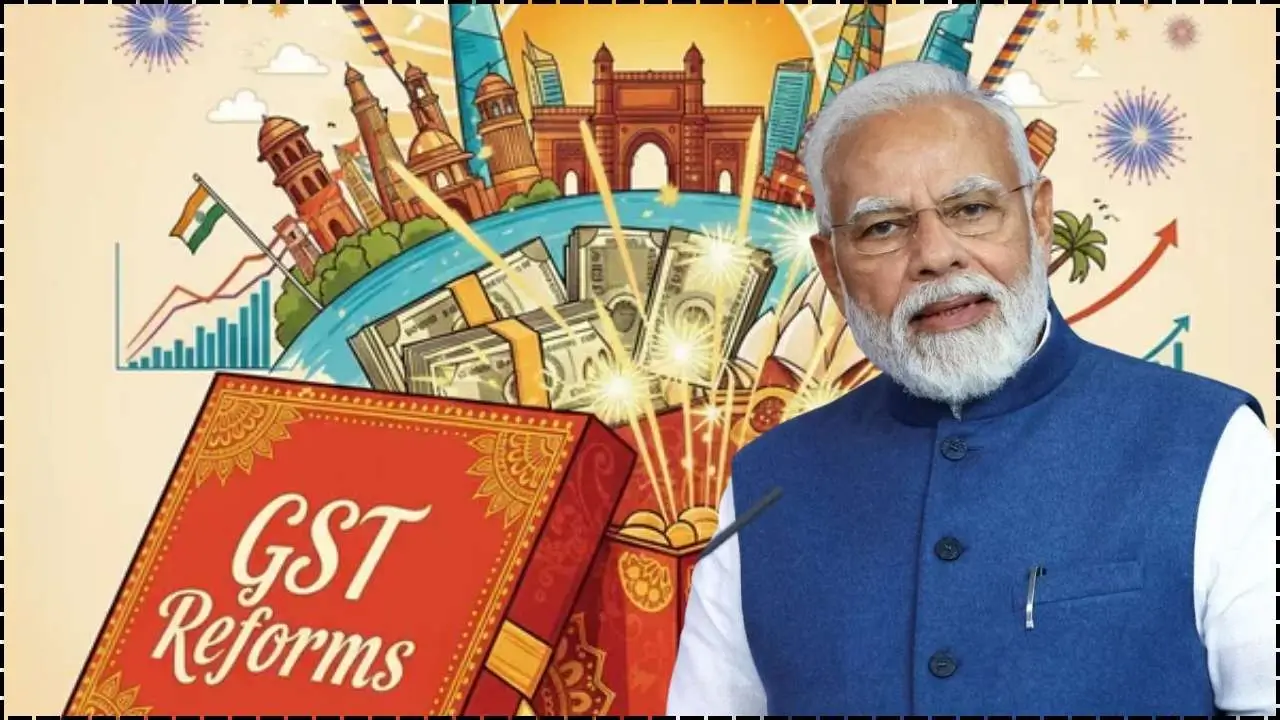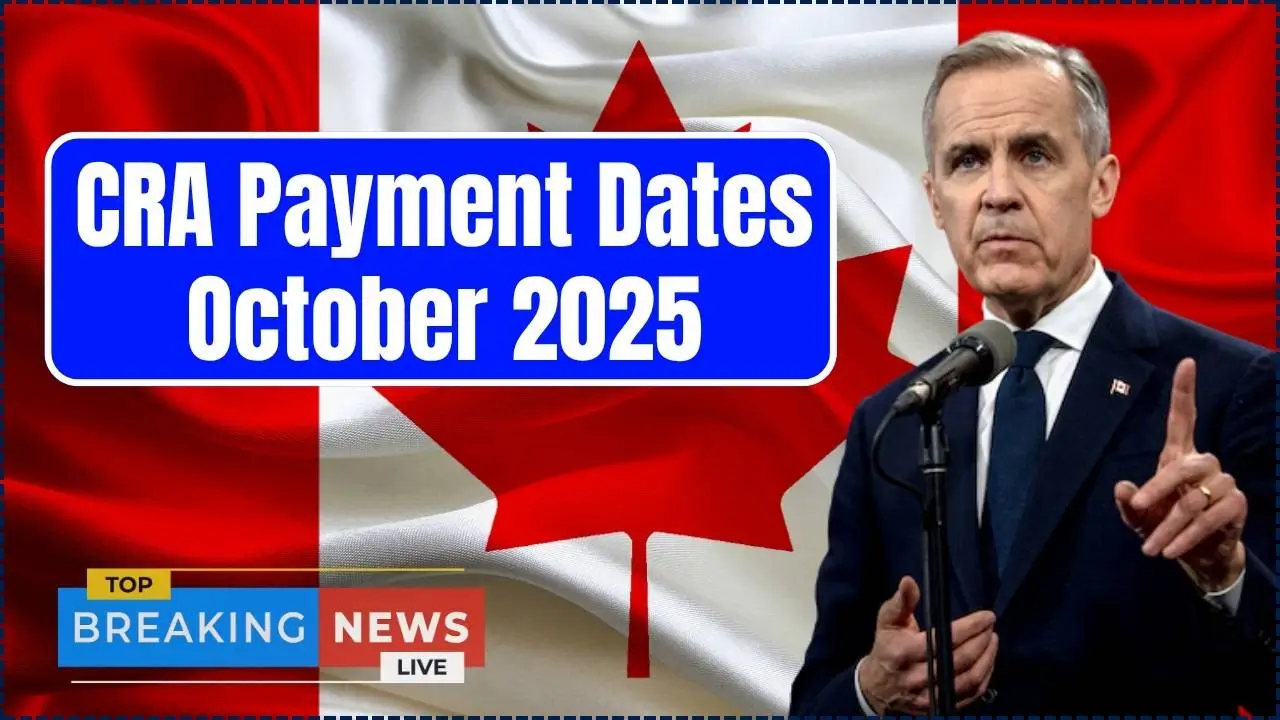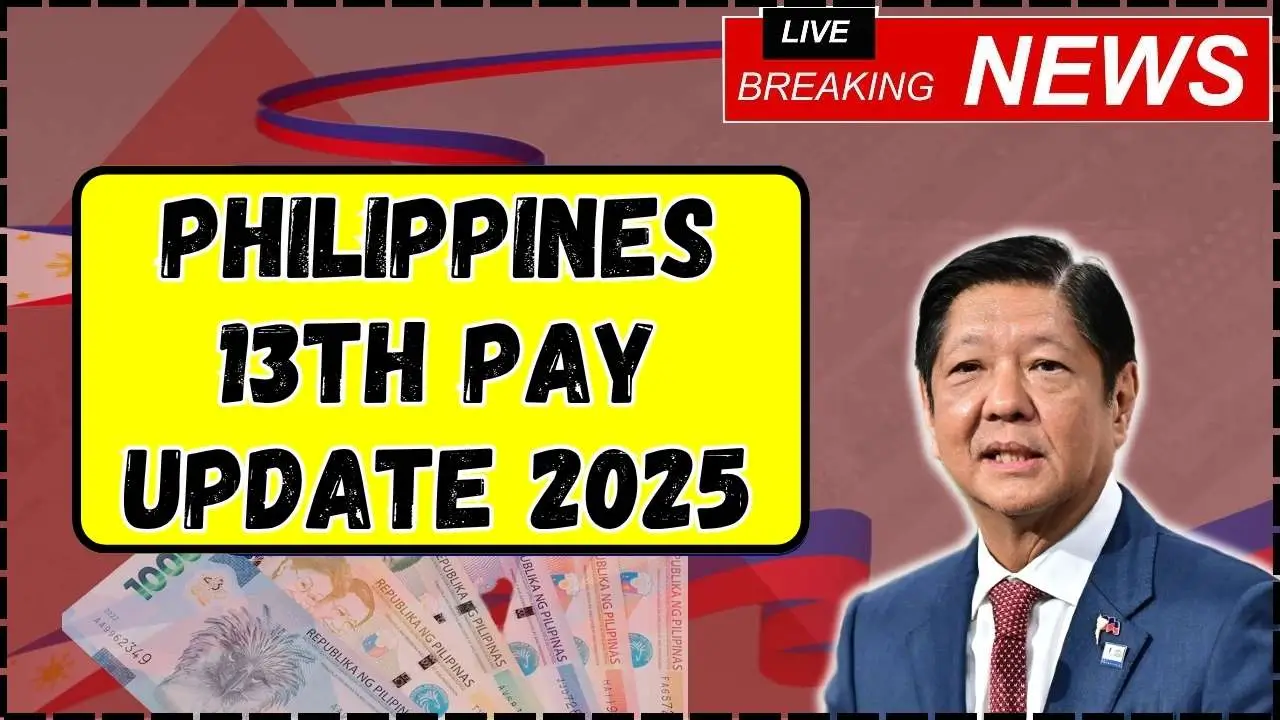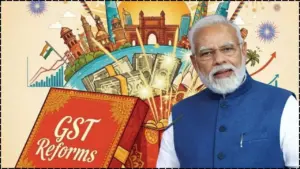India is constantly evolving, and this time, it’s a wave of significant changes hitting various sectors, ranging from banking and finance to transportation and online services. Starting from October 1, 2025, several rules came into effect that are sure to impact millions of citizens and businesses alike.

Whether you’re a commuter, investor, tourist, or digital user, these updates are something you’ll want to understand. Here’s a breakdown of the 10 major changes you need to know about, along with practical advice on how they will affect your daily life.
Table of Contents
10 New Rules Effective From 1st October
| Key Point | Details |
|---|---|
| Continuous Cheque Clearing | Real-time clearing of cheques by the RBI, reducing the processing time from 1–2 days to hours. |
| FASTag Fee Revisions | Non-FASTag users face 1.25x charges for UPI payments and double the standard fee for cash payments. |
| Aadhaar Authentication for Railway Bookings | Mandatory Aadhaar authentication for 15 minutes during general ticket bookings on IRCTC. |
| Biometric Authentication for UPI Transactions | Facial recognition or fingerprint authentication for UPI payments starting October 8, 2025. |
| Abolition of Physical Arrival Cards for Foreign Visitors | Digital e-Arrival Cards replace physical forms for foreign visitors; must be completed within 72 hours before arrival. |
| Regulation of Online Gaming | New legal framework for online gaming, including licensing, protection, and regulation. |
| National Pension System Overhaul | Non-government employees can now invest up to 100% in equities under a single PAN. |
| SEBI’s Revised Block Deal Regulations | Minimum block deal size raised to ₹25 crore; all trades must result in delivery. |
| SEBI’s Intraday Derivative Position Limits | New limits on intraday positions in index options to enhance market stability. |
| Waqf (Amendment) Act, 2025 | Increased transparency in Waqf property management and gender equality in Waqf boards. |
Starting from October 1, 2025, these 10 new rules are set to make a significant impact on various aspects of life in India. Whether you are traveling, investing, or making digital payments, these changes aim to make your experience smoother, safer, and more efficient. Staying ahead of these updates will ensure that you can take full advantage of their benefits and adapt to the evolving landscape. Make sure to stay informed, follow the new guidelines, and take advantage of the opportunities they bring!
A Breakdown of the 10 Key Changes
1. Continuous Cheque Clearing
The Reserve Bank of India (RBI) has rolled out real-time cheque clearing, a significant shift from the previous system that took 1-2 days to clear cheques. Now, thanks to this update, which came into effect on October 4, 2025, cheque clearing will happen in just a few hours. This change drastically speeds up banking operations and ensures that funds are available almost immediately.
Why It Matters: If you rely on cheque transactions, you’ll no longer have to wait long for the funds to clear. This change also benefits businesses that deal with a lot of payments via cheque, as it helps in maintaining cash flow and minimizing delays.
2. FASTag Fee Revisions
FASTag, the electronic toll collection system, is about to get more expensive if you don’t have one. Starting November 15, 2025, non-FASTag users will pay a higher fee for tolls, with UPI payments attracting 1.25x the regular fee and cash payments incurring double the standard charge.
Why It Matters: This is a strong push from the government to encourage the use of FASTag, which reduces congestion at toll plazas and speeds up highway traffic. If you haven’t already, it’s time to get a FASTag for your vehicle to avoid the higher toll fees.
3. Aadhaar Authentication for Railway Bookings
Starting October 1, 2025, IRCTC requires Aadhaar authentication during the first 15 minutes of general ticket bookings. This is designed to tackle the misuse of the ticketing system and ensure that only genuine passengers can access tickets during high-demand times.
Why It Matters: If you regularly book tickets on IRCTC, this means you will need to authenticate with your Aadhaar at the beginning of the booking process. It’s a simple step but crucial in ensuring fairness and preventing black-market scalping.
4. Biometric Authentication for UPI Transactions
To add an additional layer of security to digital transactions, UPI now includes biometric authentication via facial recognition or fingerprint scanning, which will come into effect on October 8, 2025.
Why It Matters: This means that when you make UPI payments, you will not only need your PIN but also your face or fingerprint to verify your identity. This will reduce fraud and provide more security for users.
5. Abolition of Physical Arrival Cards for Foreign Visitors
India has moved towards a more digital approach for foreign visitors. Effective October 1, 2025, the government has abolished the physical arrival card for international visitors. Instead, foreign nationals must fill out an e-Arrival Card within 72 hours before arrival.
Why It Matters: This shift will streamline the process at immigration counters, allowing visitors to move faster through customs and reducing the paperwork burden on both passengers and officials.
6. Regulation of Online Gaming
The Promotion and Regulation of Online Gaming Act, 2025 aims to create a framework for online gaming platforms, including e-sports and online gambling. This will ensure that games are regulated, users are protected, and the industry is licensed and monitored for fairness.
Why It Matters: With millions of players engaging in online gaming, this law provides a much-needed legal framework for users and operators alike. It introduces measures for consumer protection, especially against addiction and fraud.
7. National Pension System Overhaul
The National Pension System (NPS), which was originally designed for government employees, has now been revamped to allow non-government employees to invest up to 100% in equities under a single PAN. This gives subscribers more control over their investments and offers higher potential returns compared to traditional NPS options.
Why It Matters: This overhaul makes the NPS more attractive for individual investors, providing flexibility and better opportunities for growth. If you’re enrolled in NPS, it’s time to review your investment options and take advantage of the newly available equity exposure.
8. SEBI’s Revised Block Deal Regulations
The Securities and Exchange Board of India (SEBI) has introduced revisions to its block deal regulations, increasing the minimum deal size from ₹10 crore to ₹25 crore. These deals will now need to be delivered rather than settled in cash.
Why It Matters: This move ensures market transparency and discourages speculative trading. It will have a big impact on institutional investors and traders dealing in large volumes. If you participate in the stock market, particularly in block deals, this change will impact your trading strategies.
Related Links
State Government Launches Direct Benefit Program for Farmers — Application Process Explained
Uttarakhand Department to Draft New Policy for Elderly Women — What Could Change
Central Government Announces New Monthly Assistance Scheme for Citizens — Check Eligibility Details
9. SEBI’s Intraday Derivative Position Limits
To stabilize the financial markets, SEBI has placed new limits on intraday derivative positions. These limits will help prevent excessive risk-taking, ensuring market stability and encouraging responsible trading.
Why It Matters: If you’re into day trading, particularly in derivatives, you’ll need to adjust to the new position limits. This will likely reduce market volatility and provide a more stable trading environment for everyone.
10. Waqf (Amendment) Act, 2025
The Waqf (Amendment) Act, 2025 brings important reforms to the management of Waqf properties in India. The new law mandates that all Waqf properties be digitized and centralized, ensuring transparency and accountability. It also emphasizes gender equality, ensuring that Muslim women are represented in the management of these properties.
Why It Matters: This reform aims to bring more accountability, transparency, and gender inclusivity to the Waqf system. It’s an important move for religious property management in India, ensuring better oversight and management.
FAQs About 10 New Rules
Q1: How will the continuous cheque clearing affect me?
With real-time clearing, cheques will clear almost instantly, allowing you quicker access to your funds. This is especially helpful for businesses that depend on timely payments.
Q2: How do I get a FASTag for my vehicle?
You can purchase a FASTag online from banks or authorized agents. It’s a simple, one-time investment that will save you money in the long run.
Q3: Why is Aadhaar authentication required for railway bookings?
Aadhaar authentication ensures fair access to tickets and helps prevent ticket booking abuse.
Q4: What are the benefits of biometric authentication for UPI transactions?
Biometric authentication increases security, reducing the chances of fraud, and makes payments faster and more convenient.
















